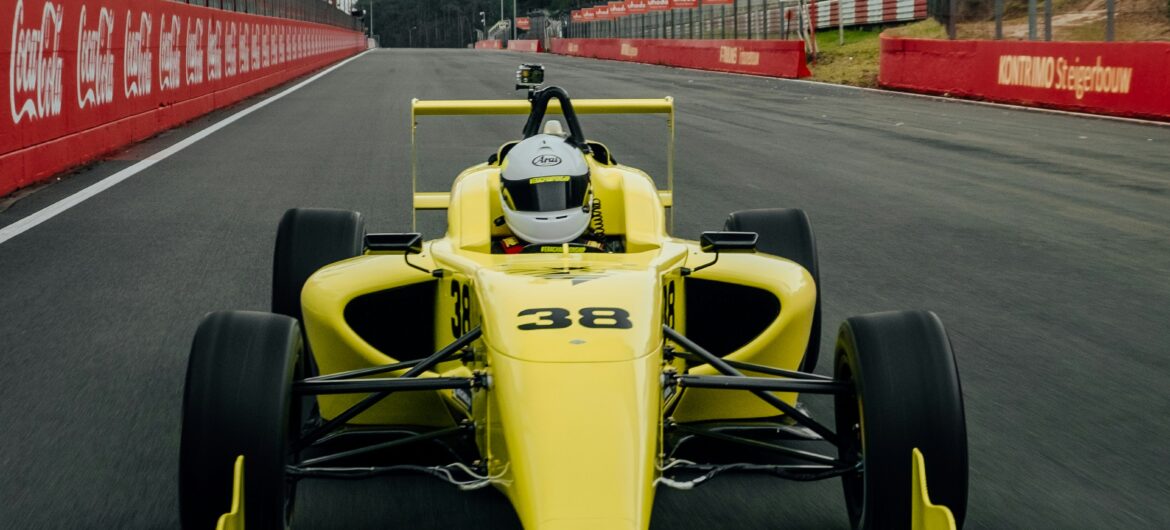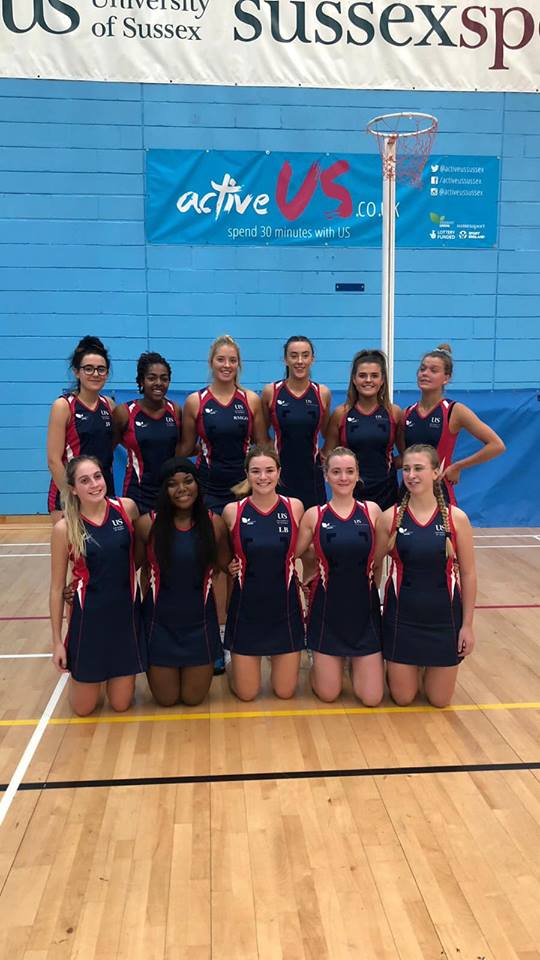Formula 1 fans worldwide are bracing themselves for another adrenaline-fuelled season full of speed, skill, and spectacles. The F1 Academy racers are also preparing, and are set to make their place in the sport even more prominent with changes to the motorsport realm just along the horizon.
Historically, women’s presence in motorsports has been scarce, with only a few anomalies of women test-driving cars or working in the background. An all-women’s championship, the W Series, was initially set up in 2018, but funding challenges resulted in it ending prematurely in 2022.
Up until recently, the sport has been heavily male-dominated and many fans are unaware that it is one of the few sports in which men and women can race together, according to Motorsport UK. Research conducted by More than Equal, a non-profit organisation set up to help further women’s chances in motorsport, reveals that physical and psychological barriers do not prevent women from competing in F1. Instead, negative perceptions and stereotyping within the industry and externally by fans and media about their ability to drive to the same standard as men, a lack of training across multiple areas including track time, lack of female role models and a lack of funding. The normalisation of motorsport being a male-only sport has worked to fuel these barriers.
F1 Academy was established to tackle these barriers and change the narrative for women in motorsport. It has a focus on four core pillars: community, youth engagement, talent identification and participation and progression. Its goal is to inspire and educate the next generation of girls, increase the talent entering the sport and support its future stars by helping them progress to an elite level. Furthermore, it has created a bigger network to provide more opportunities to them. They have inspired girls and women worldwide, letting them know there is a place for them within the motorsport realm, whether it’s off or on the track.
The F1 Academy has already moved mountains for women, the global attention it has received has resulted in their 2024 season being a support series to F1 and the famous 10 F1 teams will represent and support one female racer within the championship. Even their race weekends’ format, including ample track time, addresses past barriers previously preventing them from success. Marta Garcia (the 2023 F1 Academy champion), and Léna Bühler’s (2023 F1 Academy racer) journey into the Formula Regional European Championship (FRECA), a Formula 3 racing series, as the only two women drivers of the season, epitomises the ethos of the F1 Academy. It is a testament to the transformative power of passion, perseverance, and unwavering dedication.
Nevertheless, the fight is not over. This is just the beginning. Women overcoming the additional barriers preventing them from having a career is just one hurdle, securing funding remains a hurdle in the expensive elitist sport that motor racing already is. Changing perceptions of women in motorsport and normalising women’s racing is crucial to attracting sponsors and support. Until we hear the roaring engines of female drivers in the Formula 1 championship or even see a woman lift an F1 trophy, equality in the sport has not been attained.
So when you go to watch the F1 races at Jeddah, Miami, Barcelona, Zandvoort, Marina Bay, Lusail and Yas Marina, tune in early to see the F1 Academy women take on the tracks. Help cement F1 Academy’s ambition to improve visibility, shape the future of motorsport and pave the way for aspiring racers worldwide to leave their mark on its history.
Photo by Kenny Leys on Unsplash



